External Ventricular Drain (EVD) insertion is perhaps one of the most common and crucial lifesaving procedures in the neurology intensive care unit. The continuous intracranial pressure (ICP) monitoring and cerebrospinal fluid (CSF) diversion provided by an EVD are beneficial in a variety of acute brain injuries. Following insertion, EVD monitoring, maintenance, and troubleshooting are mainly the duty of the nurse.
The temporary drainage of cerebrospinal fluid (CSF) from the lateral ventricles of the brain or the lumbar area of the spine into an external collection bag is known as external drainage and monitoring. Using a mix of gravity and intracerebral pressure, an external ventricular drainage (EVD) system drains CSF. The rate of drainage is determined by the height of the EVD system in relation to the patient's anatomy.
In neurocritical care, EVDs are used to:
The EVD tube is attached to a collection system that allows the CSF to drain into a bag suspended from a pole. The pressure levels are set by the surgeon in order to maintain proper cerebral fluid pressure. The EVD zero line is adjusted by the patient's nurse to be level with the patient's ear.
They'll adjust the sliding chamber to the surgeon's specifications in order to maintain appropriate brain fluid pressure.
During surgery, the EVD is inserted by a surgeon. A healthcare provider will shave a small section of the patient's head after they have been given drugs to help them sleep. The surgeon shaves the skin and then drills a small hole in the skull to place the tube into one of the ventricles (fluid-filled area). The tube is then stitched under the skin.
It takes three to four days to recover from an EVD placement. The majority of patients are able to leave the hospital within seven days of the treatment.
During your stay in the hospital, your heart rate and blood pressure will be monitored, and your doctor will prescribe antibiotics to keep you healthy. Before you depart, your doctor will double-check that the shunt is functioning appropriately.

Delhi, India
Equipped with more than 50 specialty institutes, Indraprastha Apollo was started with the vision of ...more
![]() Private Driver / Limousine Services
Private Driver / Limousine Services
![]() International Cuisine
International Cuisine
![]() Phone in Room
Phone in Room
![]() Online Doctor Consultation
Online Doctor Consultation
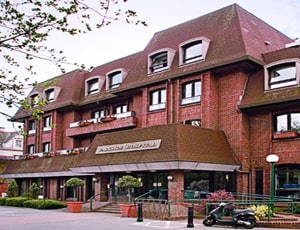
London, United Kingdom
History Parkside Hospital based in London is currently owned by Aspen Healthcare. Aspen Healthcare ...more
![]() Airport Transfer
Airport Transfer
![]() Choice of Meals
Choice of Meals
![]() Interpreter
Interpreter
![]() SIM
SIM
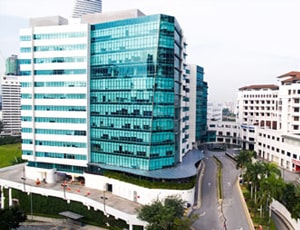
Kuala Lumpur, Malaysia
History Parkway Pantai Hospital in Kuala Lumpur, Malaysia is operating under the Parkway Pantai gro...more
![]() Airport Transfer
Airport Transfer
![]() Choice of Meals
Choice of Meals
![]() Interpreter
Interpreter
![]() SIM
SIM
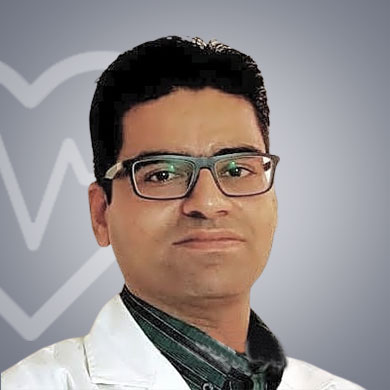
Neurosurgeon
Delhi, India
15 Years of experience
USD 40 for video consultation
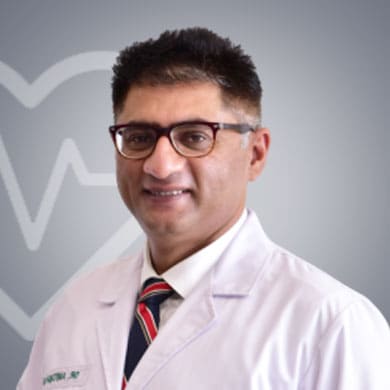
Neurosurgeon
Delhi, India
23 Years of experience
USD 32 for video consultation

Neurosurgeon
Delhi, India
30 Years of experience
USD 40 for video consultation
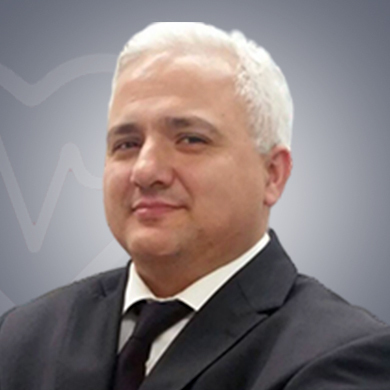
Neurosurgeon
Istanbul, Turkey
19 of experience
USD 220 for video consultation